Black Mass Roasters
SPIRITUAL DESTITUTION, Decaf
Raisin, Panela, Chocolate Malt
Varietal: Colombia, Caturra, Cenicafe 1
Processing: Sugar Cane Process
Sugarcane decaffeination, originating in Colombia, persists as a notable practice in the country's coffee industry. While Colombia boasts renowned coffee bean production in regions such as Huila and Caldas, it also holds a position as a trailblazer in decaffeinated coffee.
The sugarcane decaffeination process begins with the fermentation of molasses, sourced from sugarcane, to yield ethanol. This ethanol is then blended with acetic acid, commonly known as vinegar, to produce ethyl acetate (E.A.). Subsequently, E.A. is employed to extract caffeine from coffee beans.
The decaffeination process unfolds through a series of meticulous steps:
- Green coffee beans are transported from the farm to the processing facility for decaffeination.
- The beans undergo a 30-minute steaming process before decaffeination commences. This low-pressure steaming aids in opening the pores of the coffee beans, facilitating caffeine extraction.
- The prepared coffee beans are submerged in an E.A. solution for a specific duration. During this time, E.A. forms bonds with chlorogenic acid, aiding in the separation of caffeine from the coffee bean matrix.
- Following caffeine extraction, the beans undergo a secondary steaming to eradicate any lingering traces of E.A.
- The decaffeinated coffee is then dried, polished, packaged, and distributed.
The Sugarcane E.A. Decaffeination Process guarantees the removal of at least 97% of the original caffeine content in green coffee beans. The residual Ethyl Acetate content does not exceed 10 ppm (parts per million), significantly lower than the natural Ethyl Acetate levels found in ripe bananas (approximately 200 ppm). Notably, Ethyl Acetate evaporates at 70°C, well below the temperature at which coffee is roasted, ensuring no residual traces of E.A. in the roasted product.


